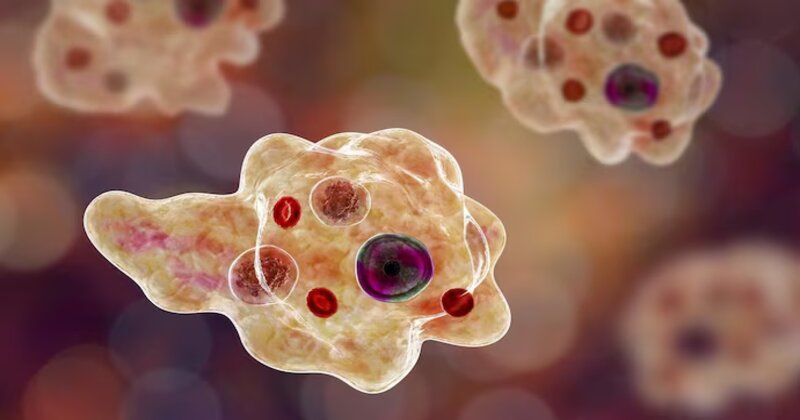
Amoebic meningitis has raised fresh concerns in Thiruvananthapuram, with two more cases confirmed. The sources of the infection remain unclear, and despite repeated occurrences, there has been no scientific investigation. A 31-year-old from Thirumala and a 27-year-old from Mulluvila tested positive, even though they lacked common risk factors like bathing in natural water bodies, head injuries, or surgeries.
In a separate case, a student from Navaikkulam contracted amoebic meningitis after bathing in a public pond, though his two companions remain symptom-free and under observation. Despite stable health conditions for three patients at Thiruvananthapuram Medical College, the Indian Council of Medical Research (ICMR) study promised in Kerala has not progressed beyond initial meetings. The lack of action is alarming, given the disease’s high fatality rate of 97%.
Though the Health Minister announced ICMR’s involvement, no concrete steps have been taken beyond discussions with officials. The cause of the outbreak remains unknown, and urgent field studies and inter-departmental coordination are needed. Authorities have issued guidelines for testing patients with fever and seizure-like symptoms for amoebic meningitis, with some success in treating the affected individuals.

Post Your Comments